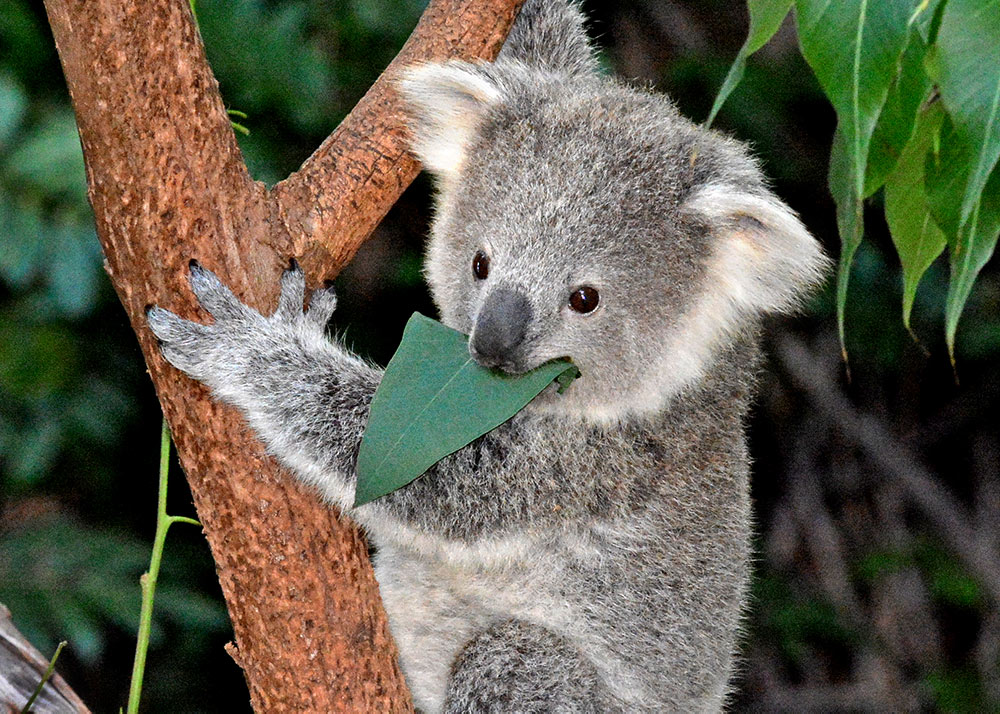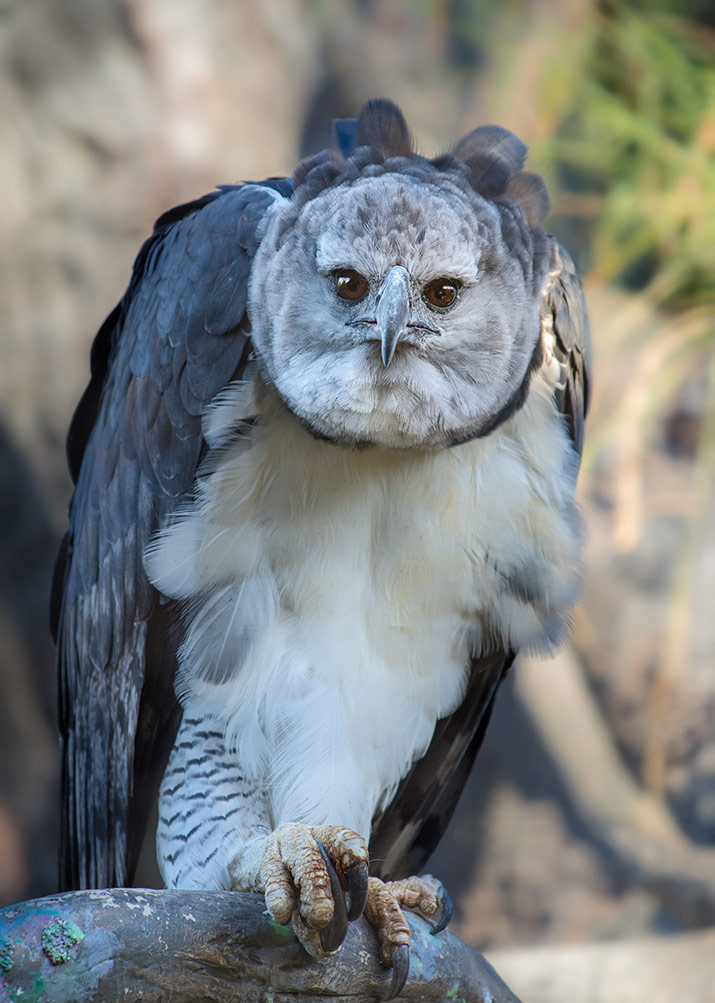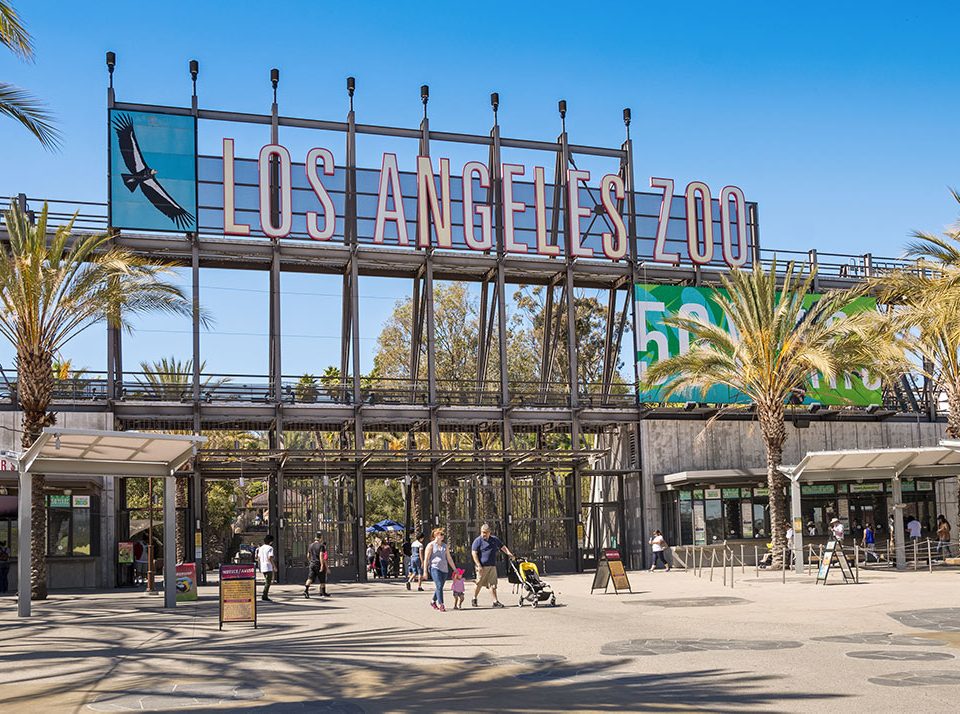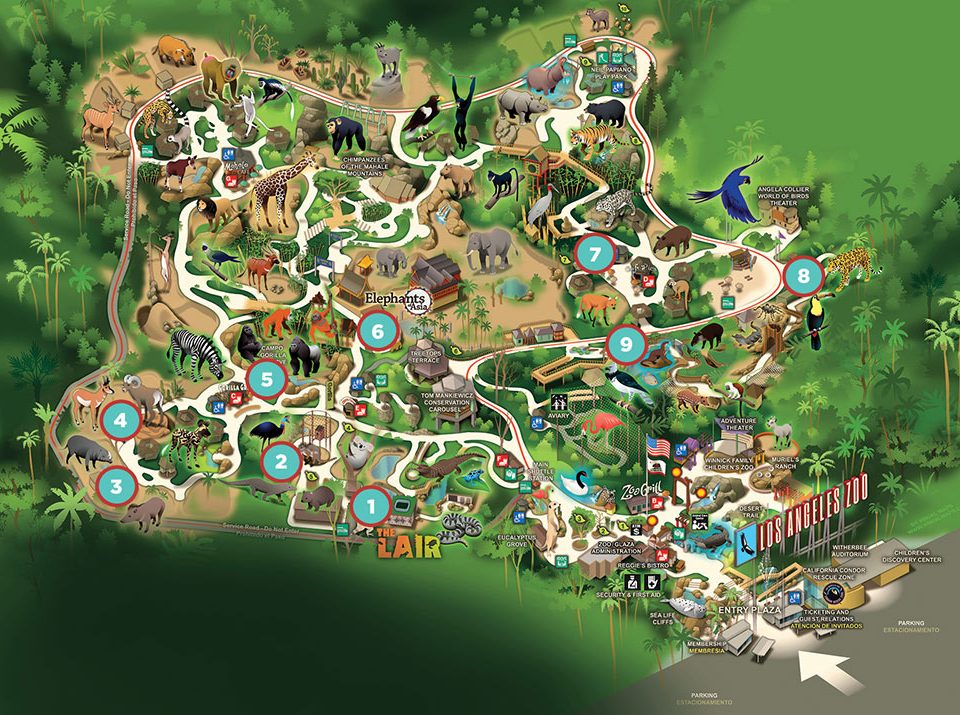Educational Adventure: “Look Closer” at Nature’s Small, Illuminating Details

Explore Your Zoo: #SavingSpecies
January 1, 2018
View Winged Wonders Saved From Illegal Trade
January 1, 2018
Photo by Jamie Pham
Some of my earliest memories are of exploring the Oregon woods practicing my “woods ballet,” as my father called it—looking under logs to see what tiny creatures were adventuring below, sitting in the middle of the creek to see how many curious crayfish would scamper by, or counting how many animal signs I could find around camp. These experiences shaped my lifelong love of nature and its fascinating small details. Even though I can’t share the Oregon woods with visitors, it brings me such joy to be able to offer them a chance to slow down and experience nature here at the Los Angeles Zoo.
We’re constantly creating and implementing new programs to help tell the remarkable stories of the animals who call the Zoo home.
Ensuring that we are meeting the needs of the Zoo’s visitors can be one of the biggest challenges in our education programs. It also makes my job as an Education Curator really exciting as we’re constantly creating and implementing new programs to help tell the remarkable stories of the animals who call the Zoo home. This January, we’re launching another new program to help us do just that. It’s called Exploration Stations.
One of my favorite things about the Zoo is that we are a great safe space for people to learn how to read nature, something we call “nature literacy.” It’s a skill that not only impacts visitors’ experiences here, but also provides them with an amazing tool to use in places they pass through every day, from a local park to their front porch. Our new Exploration Stations will give guests and staff the opportunity to look more closely at our Australia and South America sections and the amazing animals and plants that call them home. Whether using binoculars to see small details, joining our education specialists in nature journaling, investigating animal tracks, studying teeth, examining poop, leaves or anything in between, we’re going to slow things down so we can actually “see” our world. My hope is that the Exploration Stations will provide all of us—guests and staff—the opportunity to develop a love of smaller details and the skills to be lifelong nature explorers.
Exploration Stations start Monday, January 8 and are open from 2 to 3 p.m., Monday through Friday.






